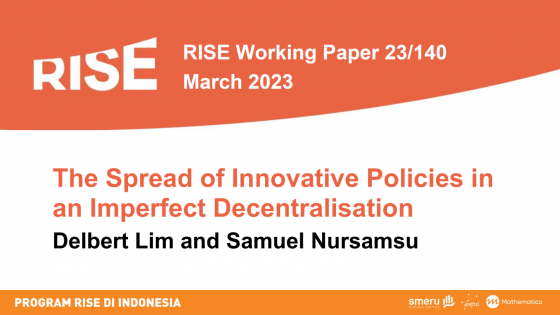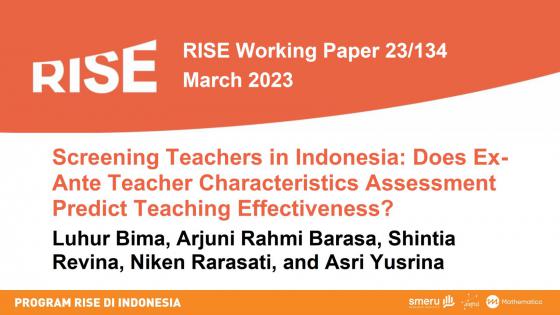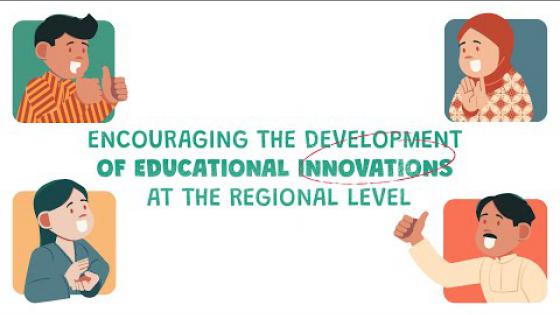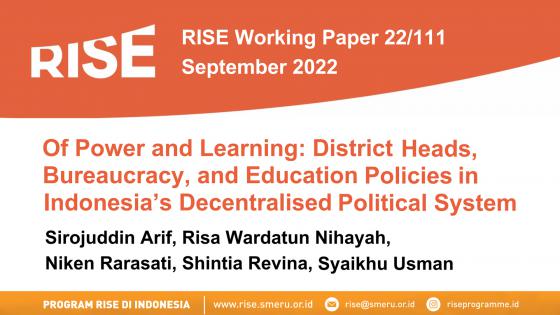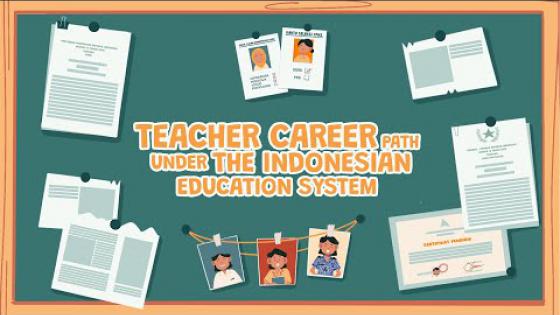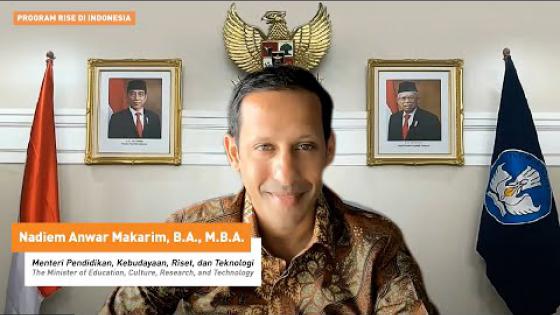Poor teacher accountability leads to poor education quality, especially in remotely-located schools that are costly to supervise. This paper reports the impacts of three interventions that linked community-based monitoring to a government allowance for teachers working in remote areas in Indonesia. In all treatments, the project helped communities to formulate a joint commitment between schools and community members to improve education.
Teacher-specific scorecards were developed based on this commitment and performance was evaluated and disseminated by a newly-formed user committee. Treatments 2 and 3 added a pay for performance scheme that relied on the community reports. In Treatment 2 (SAM+Cam), the remote area allowance was made dependent on teacher presence, which was monitored with a camera with a time stamp. In Treatment 3 (SAM+Score), the overall score on the scorecard determined the allowance. We find improvements in learning outcomes across all treatments; however, the strongest impacts of between 0.17-0.20 standard deviations were observed for SAM+Cam.
In this treatment, teachers increased teaching hours and parents increased investments in their children’s education. We show evidence that bargaining and the community’s propensity to punish free-riders may have a role in affecting treatment effectiveness.
.
This is one of a series of working papers from RISE—the large-scale education systems research programme supported by the UK’s Department for International Development (DFID), Australia’s Department of Foreign Affairs and Trade (DFAT), and Bill & Melinda Gates Foundation.


